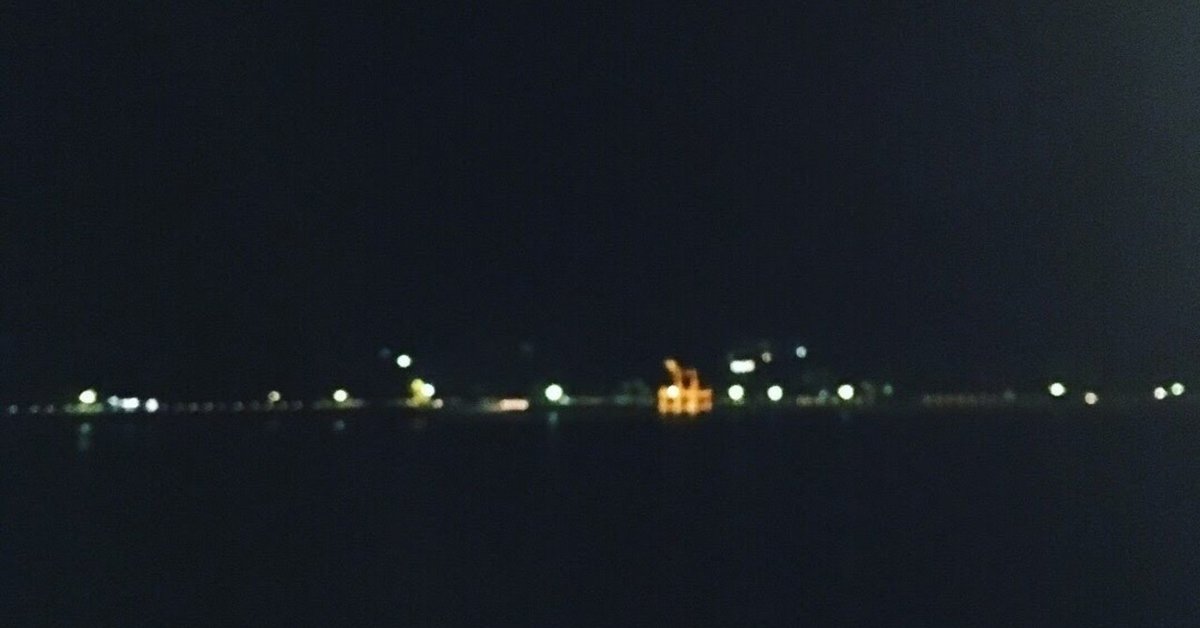
03_minimalism
Our 21-Day Journey into Minimalism
ミニマリストになるための僕らの21日間
前回までのあらすじ
若手企業家のジョシュアとライアンは、外見的には成功者に見えたが、ものに囲まれた生活の中でいつもストレスや不安に苛まれていた。あるとき、ミニマリズムを実践している人々のことを知る。その人たちはたくさんの物を持たず、幸せや情熱、自由を持っていた。そして2人はミニマリズムに惹かれていく。
Background バックグラウンド
In the fall of 2009, soon after his mother died and his marriage ended (in the same month), Joshua stumbled across Colin Wright’s website. Colin said he was a “minimalist,” but Joshua had no idea what this meant. However, the world he soon discovered showed him he could be happy without trying to accumulate more stuff. Although he didn’t fully embrace minimalism at first, Joshua opted to dip his toe in simplicity’s waters instead: he began simplifying his life with experiments like paring down his stuff, getting rid of his TV, living with enough, and questioning what he owns.
2009年の秋、母が死んで、同月に彼の結婚が終わった直後、ジョシュアはコリン・ライトのウェブサイトに偶然出会った。コリンは彼自身をミニマリストだといったが、ジョシュアはそれがどういう意味か分からなかった。しかしながら、彼が発見したその世界はものをため込もうとせずに幸せになれるということを見せてくれた。はじめジョシュアはミニマリズムを完全に取り入れたわけではなかったにもかかわらず、代わりにシンプルな暮らしに足を突っ込むことを選んだ。彼は所有物を少なくしたり、テレビを取り除いたり、必要なものだけで生活したり、何を所有しているのか疑問に思ったり、数々の実験を通して生活をシンプルにしはじめた。
In time, Joshua realized most of his stuff—about 90% of it—was weighing him down, keeping him from the freedom, happiness, and fulfillment he so desperately wanted.
やがてジョシュアは自分の所有物、その約90%が彼を参らせ、かなり必死になって欲しがっていた自由、幸せ、達成から遠ざけていたことに気づいた。
So he let go. Over the course of eight months, Joshua jettisoned approximately 90% of his possessions. As he let go, he began feeling freer, happier, lighter. As the external clutter was removed, so was the internal clutter: emotional clutter, mental clutter, stress, anxiety.
そして彼は手放した。8か月にわたって、ジョシュアは彼の所有物の90%を投げ捨てた。彼は手放したことで、より自由に、より幸せに、より明るく感じはじめていた。外の散らかったものを捨てたことで、内部の混乱、つまり感情的な混乱、精神的な混乱、ストレス、不安も同様に取り除かれた。
Soon, Joshua’s best friend of 20 years, Ryan, asked him a question: “Why the hell are you so happy?”
すぐにジョシュアの20年来の親友、ライアンは彼に質問した。「なんでそんな幸せそうなんだい?」
Joshua told Ryan about minimalism.
ジョシュアはライアンにミニマリズムのことを教えた。
“What’s minimalism?” Ryan asked.
「ミニマリズムってなんだい?」ライアンはたずねた。
Joshua explained: “Minimalism is the thing that gets us past the things so we can make room for life’s most important things—which actually aren’t things at all.”
ジョシュアは説明した。「ミニマリズムは過去を手放し、人生でもっとも重要なものに部屋をあけわたすことができるものだよ。実際、ものは何もないけどね」
Joshua told Ryan that consumption isn’t the problem—compulsory consumption is the problem. We all need some material things, but minimalists actually get more value from their possessions because they own only things that add value to their lives. As a minimalist, everything you own serves a purpose or brings joy—everything else is out of the way, which allows you to focus on what’s truly important: health, relationships, passions, growth, and contribution.
ジョシュアはライアンに教えた。消費は問題ではなく強制的な消費が問題である、と。僕らはみんな何か材料を必要としているけど、ミニマリストたちは実際に自分たちの所有物からもっと多くの価値を得る。なぜならミニマリストたちは人生に価値をもたらすものだけを所有しているからだ。ミニマリストとして、所有するすべてのものは目的を持ち、喜びをもたらす。ほかのものすべては、真に重要なものは何か、つまり健康、人間関係、情熱、成長そして貢献に集中することから外れる。
With this revelation, Ryan decided to become a minimalist, too, and document his journey alongside Joshua—a journal of their journey they both hoped would help other people simplify their lives. This is that journey. The following 21 days were the impetus for this website, which we began sharing with the world on December 14, 2010. (If you find value in this website, please consider supporting it by donating a dollar.)
この意外な新事実に、ライアンもミニマリストになり、ジョシュアと一緒に旅を記録することを決めた。彼らの旅を記録した日記は他の人々が自分の人生をもっとシンプルに生きることを助けてくれるだろうと、2人とも望んだ。これはその日記だ。次の21日間はこのウェブサイトの原動力となり、僕らは2010年12月14日に世界へシェアしはじめた。(もし、このウェブサイトに価値を見出したら、寄付してこのサイトをサポートすることを考えてね)
(つづく)
この記事が気に入ったらサポートをしてみませんか?
